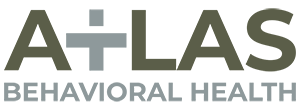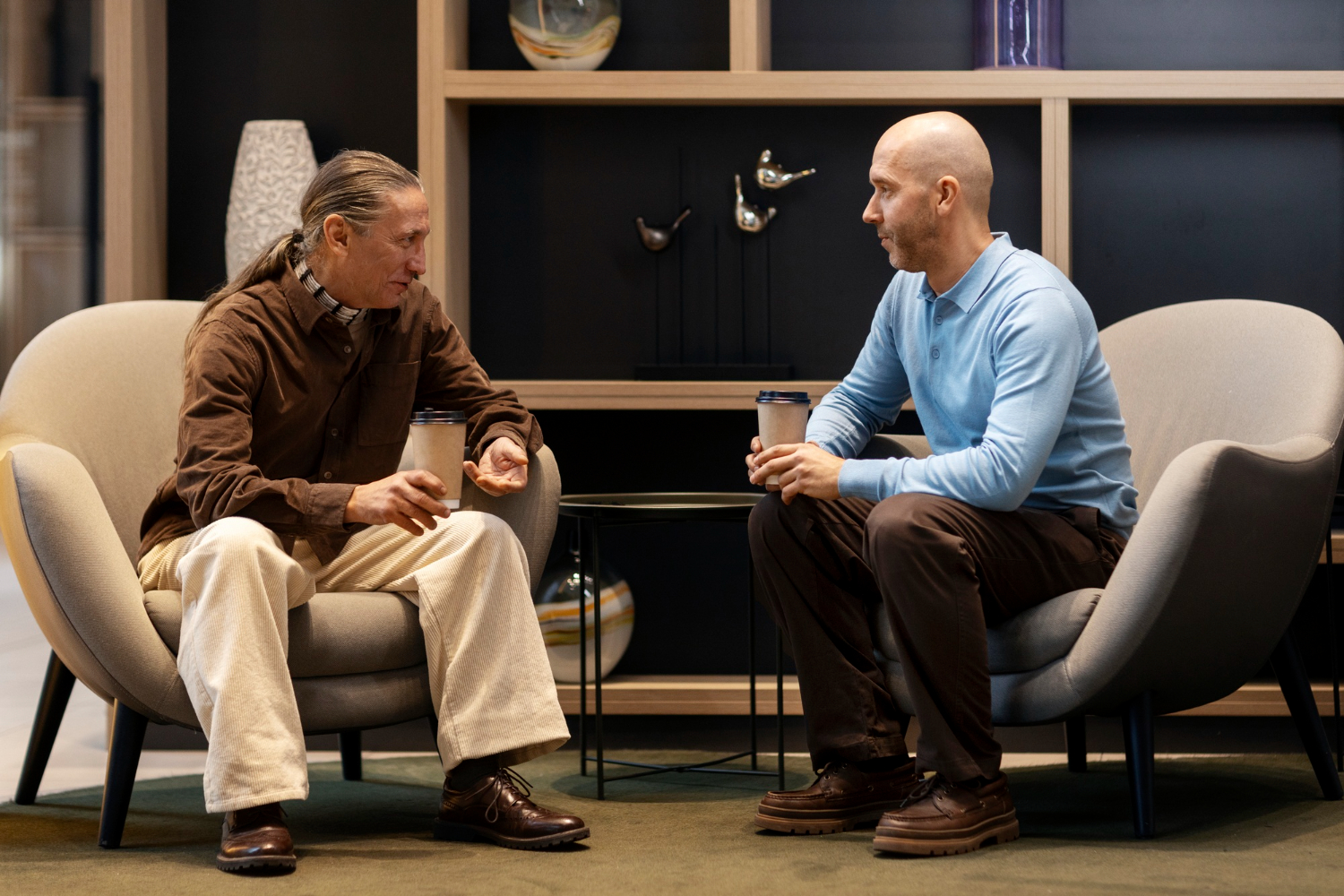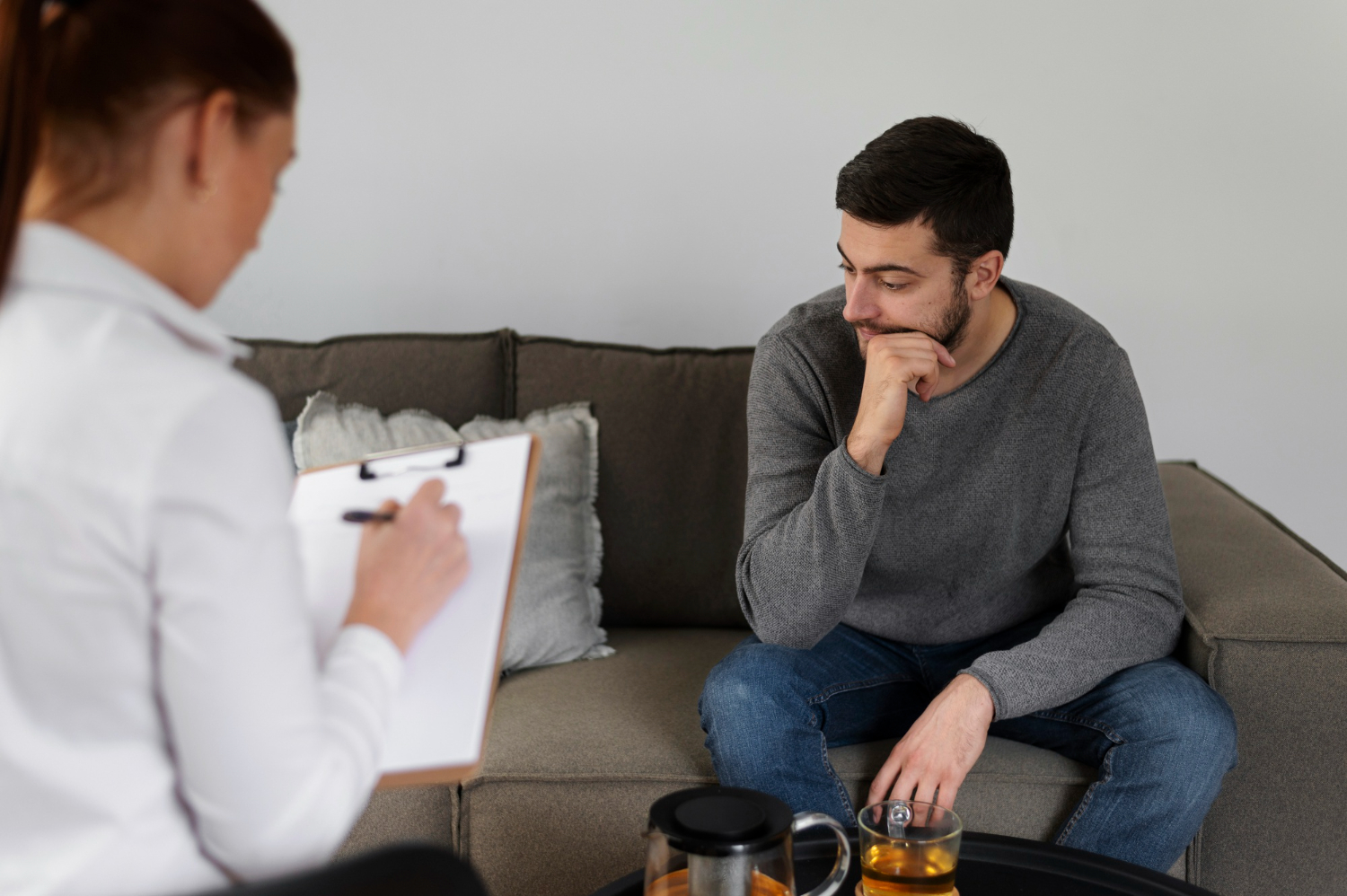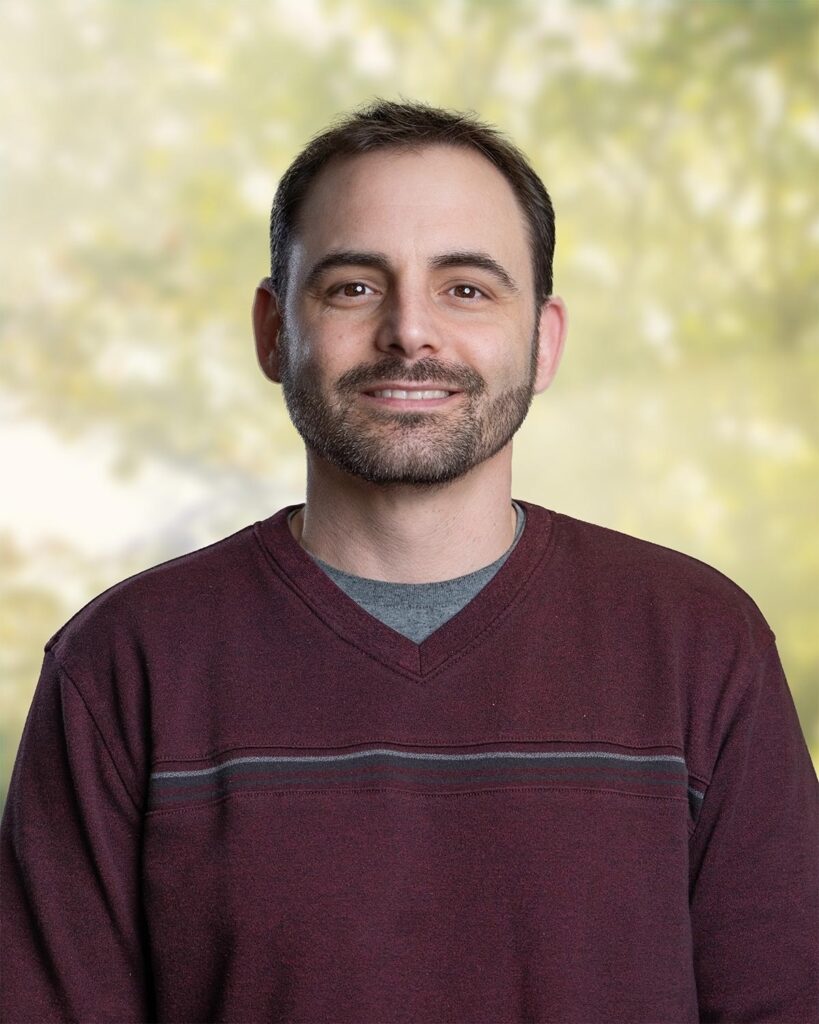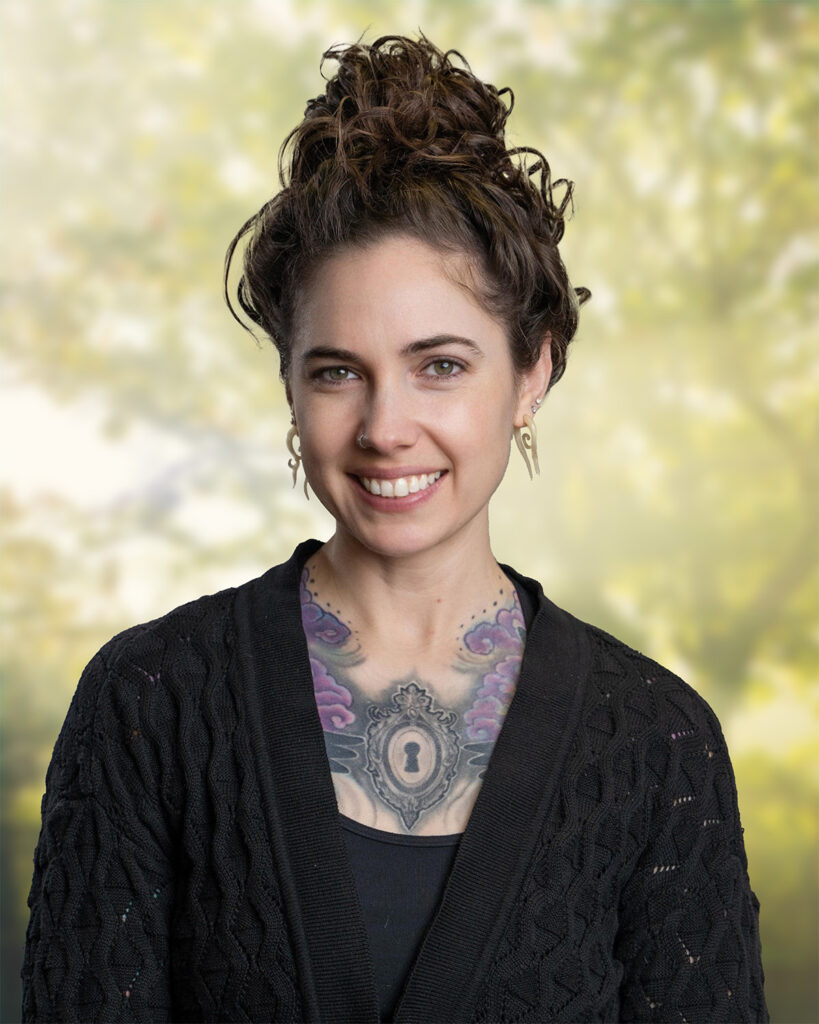Sober September is one month without alcohol, just 30 days to give your body and brain a fresh start. It’s like pressing pause so you can feel clearer, sleep better, and take control of your habits. A lot of people try it to see how much better life can feel without drinking.
If you’ve ever wondered whether your drinking might be too much, these signs of alcohol abuse can help you figure that out. And if you’re already thinking about change, Atlas Behavioral Health’s addiction treatment in Atlanta is here to support you.
What Is Sober September?
Skipping alcohol for 30 days might sound simple, but for many people, it’s life-changing. Sober September is about giving your mind and body a break. It started as a challenge but has grown into a movement, helping people feel better, sleep deeper, and think more clearly.
It’s not about labeling yourself. It’s about learning how alcohol affects you when you step back from it. Whether you’re sober-curious or seriously rethinking your drinking, this month gives you the space to check in, without pressure.
Sober September vs. Dry January: What’s the Difference?
Sober September and Dry January are similar, both invite you to pause drinking for 30 days. But the why behind them can feel different. Dry January follows holiday excess and focuses on resolutions. Sober September comes after summer’s long, social stretch and offers a quieter reset before the chaos of the holidays.
In the middle of fall routines, it may be easier to stick with it. September gives you space to explore things honestly, without judgment. It’s a softer entry point into long-term change, especially when paired with mental health treatment that meets you where you are.
Why People Try Sober September
For many, the goal isn’t lifelong sobriety, it’s clarity. People try Sober September to get better sleep, lose brain fog, or even just prove they can do it. But what starts as a challenge often turns into something more. By the second or third week, energy levels rise, skin improves, and stress feels easier to manage.
Taking this break also reveals your habits. Maybe you drink out of boredom, stress, or routine. Once you see those patterns, you can change them. That’s where vulnerability in recovery becomes powerful, not as weakness, but as a gateway to growth.
The Science Behind 30 Days Without Alcohol
Even just one month without alcohol can lead to major changes in your body and brain. Within the first week, your sleep begins to stabilize. After two weeks, your liver starts recovering, and your energy improves. By the end of 30 days, many people report better focus, mood, and skin, and even weight loss.
Studies also show a drop in inflammation, blood pressure, and anxiety. This short break gives your brain time to reset its reward system, helping you think more clearly and feel more balanced emotionally. That’s why even “just 30 days” can have long-term value.
Tips to Prepare for Sober September
Before September starts, make a plan. Atlas Behavioral Health often sees people succeed when they begin with clear goals and small changes. Write down your “why,” clean out alcohol at home, and fill your fridge with non-alcoholic options like sparkling water, herbal teas, or mocktails.
Don’t wait for tough moments to decide how you’ll respond. Map out fun things to do, like game nights, weekend hikes, or movie marathons. And if your social life usually revolves around drinking, these holiday sobriety tips can help you stay on track even when others around you aren’t.
What to Expect Emotionally and Physically (Week-by-Week)
In the first few days, expect cravings, sleep changes, or irritability. That’s your brain adjusting. By week two, your energy improves, and you may feel more emotionally stable. In week three, mental clarity and confidence often return. By the end of the month, many feel proud, rested, and ready for more.
| Week | What to Expect |
|---|---|
| 1 | Restlessness, disrupted sleep, cravings |
| 2 | More energy, sharper focus, emotional calm |
| 3 | Better sleep, clearer skin, improved mood |
| 4 | Confidence boost, lower anxiety, better routines |
If your experience feels tougher than expected, you’re not alone. Feeling emotionally raw during recovery is part of the process, and it’s a sign that change is really happening. Supportive therapies like Dialectical Behavior Therapy (DBT) can help you manage those intense moments with structure and compassion.
How to Stay on Track During Sober September
Staying committed gets easier when you break it down day by day. Use a tracker app like I Am Sober or keep a simple journal. Write down how you feel, what’s working, and what’s tough. It helps you stay focused, and it reminds you how far you’ve come.
Surround yourself with people who support your decision. If your usual friends drink often, suggest different activities like hikes, coffee meetups, or creative hobbies. You can also join online communities or local support groups. Sometimes, knowing you’re not alone is what makes the difference between quitting and continuing.
Sober September Toolkit: Apps, Books, and Podcasts
Before September starts, build your sober toolkit. Download apps like Reframe or Nomo to track your progress and get daily motivation. These tools give you quick wins and reminders when cravings hit.
In the evenings, swap wine time for a podcast like The Sober Curious Podcast or Recovery Elevator. If you like to read, books like This Naked Mind or Quit Like a Woman offer powerful insights into alcohol’s hidden role in everyday life.
Atlas Behavioral Health also offers resources if you decide you need extra help, whether that’s during September or after.
What If You Slip Up?
A slip-up doesn’t erase your effort, it’s just part of the learning curve. If you have a drink, pause. Don’t beat yourself up. Ask: What triggered it? Was I stressed, tired, or pressured? Then reset and move forward. The goal isn’t perfection. It’s progress.
Relapses can also reveal patterns you didn’t notice before. Maybe you need stronger boundaries, more support, or a different environment. If you’re feeling stuck, these signs of alcohol abuse can help you recognize when it’s time to reach out.
Remember, every day is a chance to start fresh.
Real Stories from Sober September Participants
Hearing what others have experienced can make the challenge feel less lonely. One person shared that after two weeks, they were sleeping through the night for the first time in years. Another said they realized how much they used alcohol to hide anxiety, and felt more in control by the end of the month.
You don’t have to be perfect to be successful. Whether someone made it all 30 days or just got farther than before, each story proves that change is possible. These small wins often lead to something bigger.
Turning Sober September Into a Lifestyle Shift
Sometimes a 30-day break turns into something more. People begin to notice how good they feel and decide to keep going, even if it means drinking less instead of quitting entirely. There’s no one way to move forward, but being honest about what works for you is the best place to start.
If you’re thinking about continuing after September, Atlas Behavioral Health offers programs to support your next step, from outpatient therapy to personalized recovery plans. Whether you choose full sobriety or just want more control, support is always available.
Conclusion
Sober September isn’t just about alcohol, it’s about you. About clarity, confidence, and getting back in touch with what truly matters. One month might not fix everything, but it can shift your mindset in ways you didn’t expect.
Atlas Behavioral Health is here if you want to go beyond 30 days. Whether you’re taking your first step or your tenth, what matters is that you’re moving forward, and that deserves real credit.
